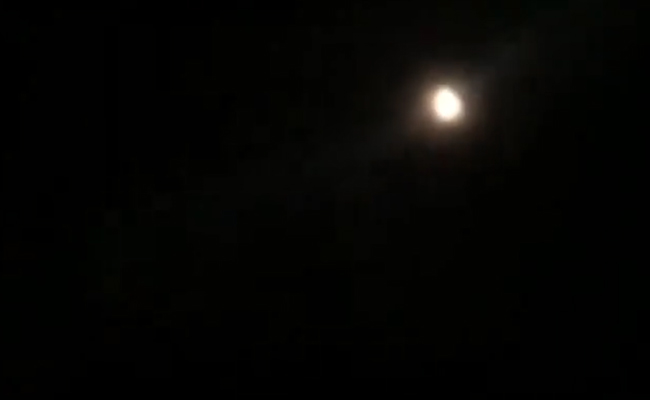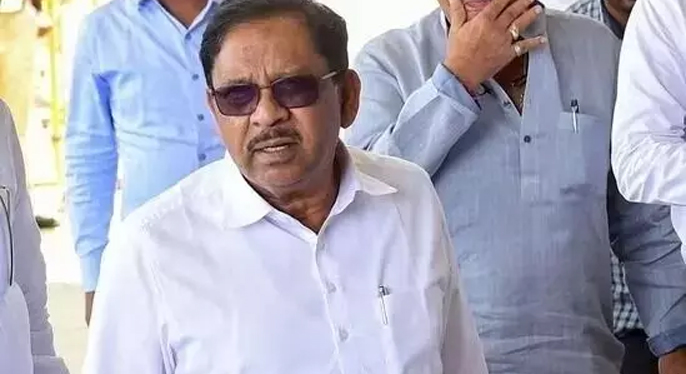Kyiv (AP/PTI): Ukrainian forces shot down all 89 Shahed drones launched by Russia in a nighttime attack on the country, Ukraine's air force said Wednesday, in what was one of the largest drone barrages this year.
No damage or injuries were immediately reported in the bombardment, which mostly targeted the region of Kyiv, the capital.
Russia used the same number of Shahed drones in a Jan. 1 attack, an air force statement said.
Both Ukraine and Russia have relied extensively on explosive drones during the war and have scrambled to come up with more countermeasures.
The Russian drones are being shot down by Ukraine's Soviet-era aircraft, according to Anatolii Khrapchynskyi, an aviation expert in Kyiv.
“The air force is using electronic jamming against the drones' GPS which forces the drones to fly at a higher altitude, which then makes it easier for Ukrainian aircraft to strike them down," he told The Associated Press.
He said that tactic will likely also be used when U.S.-made F-16 fighter jets are delivered in coming weeks by Kyiv's European partners.
Meanwhile, Ukrainian forces said they struck more military targets on Russian soil overnight.
They hit a warehouse for weapon storage and military equipment in the border region of Kursk, a statement from Ukraine's General Staff said.
Let the Truth be known. If you read VB and like VB, please be a VB Supporter and Help us deliver the Truth to one and all.
Tumakuru (PTI): Karnataka Home Minister G Parameshwara on Saturday said his recent remarks on the demolition of properties linked to those involved in narcotics trade were "misunderstood and misinterpreted".
His clarification follows remarks made two days ago on the government's uncompromising crackdown on the drug menace, including action against properties linked to foreign nationals allegedly involved in drug trafficking.
"It is unfortunate. It is taken in the wrong sense. I didn't mean that tomorrow itself I am going to send bulldozers and demolish the houses. That was not my intention. It was wrongly taken," he told reporters here.
Responding to Congress MLC K Abdul Jabbar's question in the legislative council on the growing drug menace in Bengaluru, Davangere and coastal districts, the minister on Thursday detailed the extensive enforcement measures initiated since the Congress government assumed office.
Pointing to the involvement of some foreign nationals, the minister had said, "Many foreign students from African countries have come to Karnataka. They are into the drug business. We catch them and register cases against them, but they want the case to be registered because once the case is registered, we cannot deport them."
"We have gone to the extent of demolishing the rented building where they stay," he had said.





